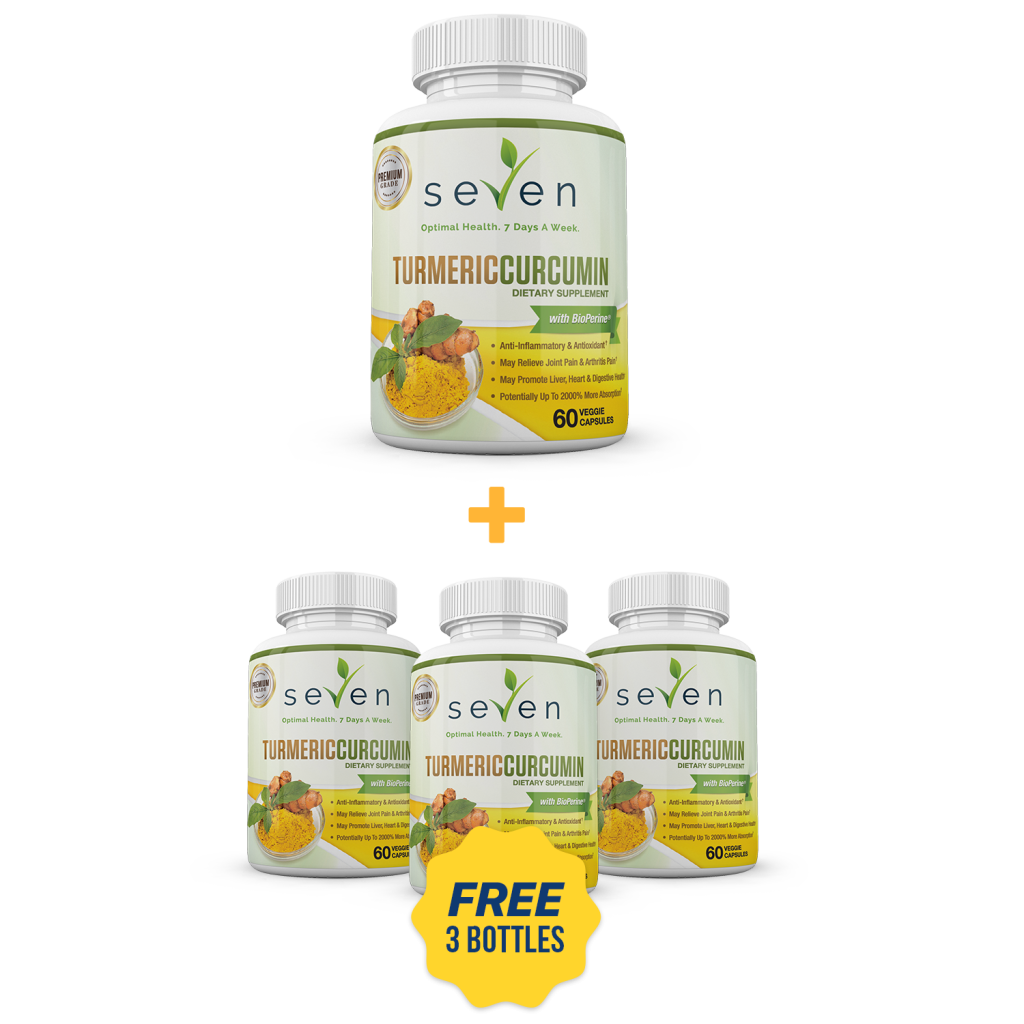When you go to the store, you’re assaulted by more than a half dozen choices.
What kind of eggs do you want? Brown eggs, cage-free eggs, free-range eggs, natural eggs?
Some of those terms aren’t even regulated. So how do you know what eggs are best for you? Do you think cage-free is the way to go?
Brown Eggs
If you’ve ever gotten fresh eggs directly from a farm, you probably know that color really doesn’t mean anything. When I get eggs direct from a farmer, I get a dozen different colors. Some chickens even lay blue eggs. An egg’s color has absolutely nothing to do with nutritional value, so don’t worry about picking brown eggs.
Vegetarian Eggs
The chickens that make these eggs are force-fed a plant-based diet. So if you’re looking for humanely-treated eggs from chickens that got to choose what they eat, leave these in the refrigerator section.
Natural
This term is yet to be regulated by the FDA. As of right now, it’s simply a marketing term that can be used as long as it’s relatively true. All eggs can be considered natural because they all come from chickens and aren’t manufactured. So don’t let this term trick you into paying a premium price.
Cage-Free
It’s sad, but these chickens aren’t much better off than their caged counterparts. They often live in multi-level aviaries. As you’d think, they don’t have to have access to the outdoors to be able to use this on the label. These chickens are not running freely around a yard eating whatever they want.
Free-Range
Surely these chickens can run around and eat whatever they want though… Well, that’s not entirely inaccurate. To qualify for free-range, the chickens simply have to have access to the outdoors. They don’t actually have to go outside their cages. A chicken is going to do what it wants to do. Unfortunately, many of them will stay in their cage and not go outside.
Organic
It’s best to assume people are trying to trick you at this point. And they are. To qualify for organic, the hens just have to be fed an organic diet. So at least you’ll get better nutrition than a regular egg. Bit unless there’s something else on the label that denotes otherwise, these chickens are probably still living in a cage.
Pasture-Raised
Finally, these are the eggs you’re looking for. It’s going to cost you a lot more though. But, these chickens are raised more humanely than their counterparts, they get plenty of access to the outdoors, and they can eat the bugs and seeds and whatever else they find in the yard. Unfortunately, this term is not yet regulated by the FDA either. So you’d be wise to call the farmer or stop by for a visit.
But there’s still a better option.
Buy Directly from a Farmer
There are plenty of farmers that raise chickens and sell eggs. By buying directly from a farmer, not only are you supporting your local economy, but you’ll also be able to see the hens that are laying the eggs. You’ll know exactly what you’re getting. Of course, it’s going to cost about $5 a dozen. But if the farmer is providing you with eggs from hens that get to roam around the yard, these eggs are going to be a lot more nutritious than the other eggs that are available in your grocery store (excluding pasture-raised because they’re probably on the same level).
Which Eggs Should You Buy?
$5 a dozen is a lot to ask for something you can pay just over $1 for. If you can’t afford $5 a dozen, then make your selection based on what you can afford and the guide above.




What did you think about this article?